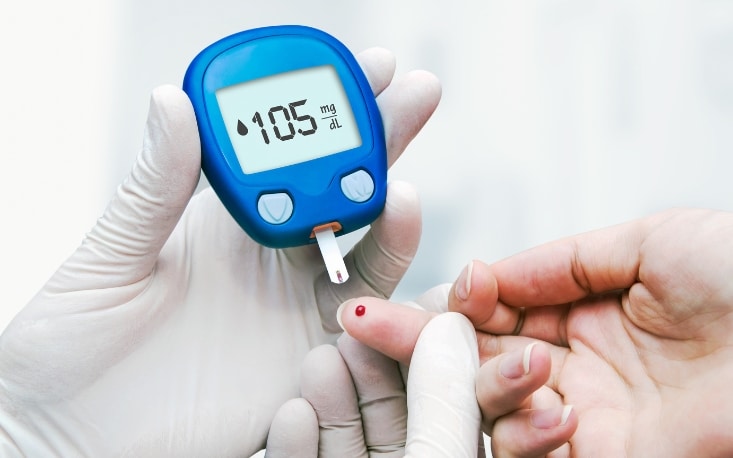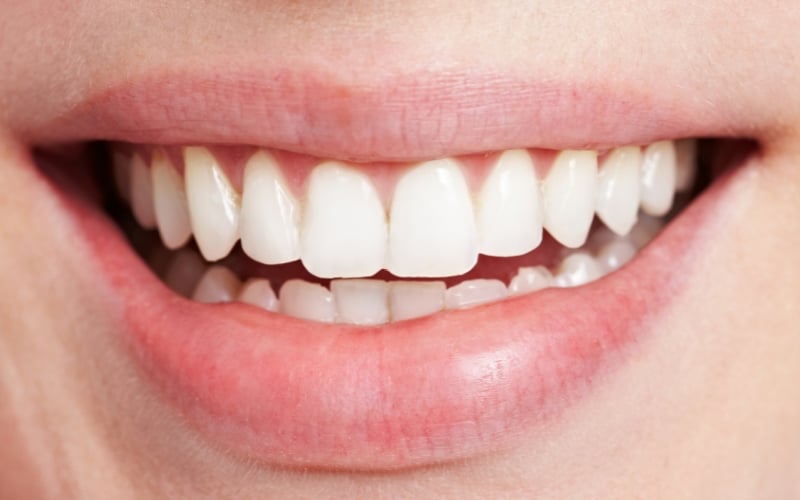ONLINE SCHEDULING AND VIRTUAL CONSULTS AVAILABLE

Are Swollen Lymph Nodes Linked to Dental Conditions?

Swollen lymph nodes can be a sign of various health issues. But did you know they can also be related to dental conditions?
When they swell, it’s usually a sign that your body is fighting off an infection or dealing with another health issue. While many people associate swollen lymph nodes with illnesses like the flu or throat infections, they might be surprised to learn that dental conditions can also be a significant factor.
Dental infections, gum diseases, and other oral health issues can lead to swollen lymph nodes, signaling that something is amiss in your mouth. Understanding this connection is vital for effective diagnosis and treatment. In this blog, we’ll delve into how dental problems can cause swollen lymph nodes, the symptoms to watch for, and what you can do to prevent and treat these issues.
Let’s uncover the link between your oral health and swollen lymph nodes to help you maintain overall wellness.
Understanding Lymph Nodes
Lymph nodes are small, bean-shaped glands. They are part of the lymphatic system, which helps fight infections and maintain fluid balance. Found throughout the body, they play a crucial role in your immune response.
Causes of Swollen Lymph Nodes
Swollen lymph nodes, or lymphadenopathy, often signal that your body is fighting an infection. Common causes include:
- Infections: Bacterial, viral, or fungal infections can cause swelling.
- Immune System Disorders: Conditions like lupus or rheumatoid arthritis.
- Cancer: Certain cancers, such as lymphoma, can cause enlarged lymph nodes.
Dental Infections and Swollen Lymph Nodes
Dental conditions can indeed lead to swollen lymph nodes. Here’s how:
- Tooth Abscess: An abscessed tooth, a pocket of pus caused by infection, can lead to swollen nodes. It often causes pain and requires immediate treatment.
- Gum Disease: Gingivitis and periodontitis, caused by bacteria, can lead to inflammation and swollen nodes. Good oral hygiene is key to prevention.
- Oral Infections: Other oral infections, like canker sores or oral thrush, can also cause lymph node swelling. A dentist in Plantation can help diagnose and treat these conditions.
Symptoms and When to Seek Help
Recognizing symptoms early can make a big difference. Look for:
- Persistent Swelling: If nodes remain swollen for more than a few weeks.
- Pain and Tenderness: Painful nodes can indicate a serious infection.
- Fever: A fever alongside swollen nodes may require medical attention.
- Night Sweats or Weight Loss: These symptoms can be signs of more serious conditions.
Diagnosis and Treatment
Proper diagnosis is crucial for effective treatment. Here’s what to expect:
- Medical History: Your doctor will take a detailed medical and dental history.
- Physical Examination: They will examine your swollen nodes and look for signs of dental issues.
- Diagnostic Tests: Blood tests, imaging, or a biopsy may be needed.
Treatment depends on the underlying cause:
- Antibiotics: For bacterial infections.
- Antiviral or Antifungal Medications: For viral or fungal infections.
- Dental Treatment: Addressing dental issues, such as filling a cavity or treating gum disease, can reduce lymph node swelling.
Preventive Measures
Prevention is always better than cure. Here are some tips:
- Maintain Good Oral Hygiene: Brush twice a day, floss regularly, and use mouthwash.
- Regular Dental Check-ups: Visit your dentist regularly for cleanings and check-ups.
- Healthy Diet: Eat a balanced diet rich in vitamins and minerals.
- Stay Hydrated: Drink plenty of water to keep your mouth healthy.
Swollen lymph nodes can be linked to dental conditions. Recognizing the signs and seeking prompt treatment can prevent complications. Maintain good oral hygiene and visit your dentist regularly to keep your smile and your lymph nodes healthy.
By understanding the connection between dental health and swollen lymph nodes, you can take proactive steps to ensure overall well-being. Stay informed, stay healthy, and don’t ignore those swollen glands—they might be telling you more than you think.





